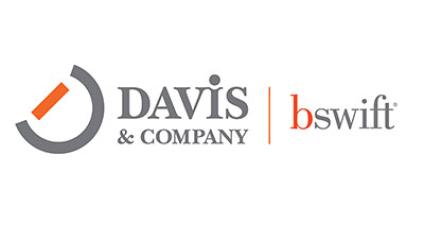
Before joining Davis & Company, I spent a decade in various communication roles at a leading healthcare company. I enjoyed professional success and made great friends along the way. When I left for my next career adventure—employee communication consulting—I felt proud of what I accomplished.
However, with the benefit of hindsight and more than five years of experience outside a corporation, I look back and think of three things I would do differently:
1. Simplify my language. I used to routinely write sentences like “efficiencies will be created by the new strategic synergies.” What I didn’t realize is that employees want communication that is conversational and easy to understand.
Want to know if your language is simple enough for your employees? One quick way to find out is to check your readability scores in Microsoft Word. You should aim for 7th grade or less.
2. Think outside of my bubble. I was so focused on my day-to-day work that I didn’t take time to get out of the office to learn leading practices. When I joined Davis & Company, I thought I knew everything about being an in-house communicator. Looking back, I know my experience was more specific: I only knew everything about being a communicator at one company.
Just like me, you may be trapped in your own bubble and not realize it. Get out of your routine: attend a conference, join a professional organization or work with a consultant. Even spending one hour with people outside of your organization can bring fresh thinking to your role.
3. Focus on employees. In my corporate role, I spent the majority of my day worrying about pleasing all the Cs: CEO, CFO, CMO, CHRO, CIO and COO. Instead, I should have been focused on the unique needs of employees (my most important stakeholders) and advising leaders on what is best.
Want to break free of serving the Cs? Collect data to understand what your employees need and want, then apply what you learn to your communication efforts. Use that data to demonstrate the results of your efforts and show leaders what works and what doesn’t.
I don’t have a time machine, so I can’t go back and change my former self. I’m happy with the growth and knowledge I gained from my journey. It may not be too late for you though; if any of the examples above resonate with you, find ways to change your approach. Your biggest stakeholders—employees—will be grateful.





